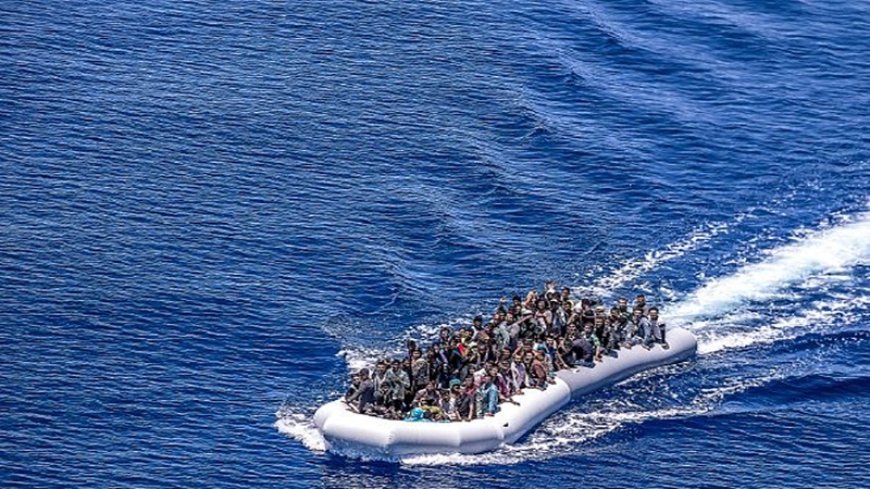UN: More than 11,600 children crossed the Mediterranean sea to Italy without parents or guardians
UN: More than 11,600 children crossed the Mediterranean sea to Italy without parents or guardians

More than 11,600 children crossed the Mediterranean Sea to Italy without being accompanied by parents or guardians between January and mid-September 2023, said today the United Nations Children's Organization (UNICEF).
The Director of UNICEF Europe and Central Asia, who is also the Special Coordinator for Refugees and Migrants in Europe, Regina De Dominics, said that the number is an increase of 60 percent compared to the same period last year, where around 7,200 children without parents or the outcasts managed to cross the sea in that journey which is said to be dangerous. "The Mediterranean Sea has become a graveyard for children and their future dreams", said Mrs. Dominics and added that the increase in children seeking asylum and safety in Europe is the result of chosen policies and broken immigration systems.
There are more than 21,700 unaccompanied minors in Italy at the moment, compared to last year's figure of 17,700. War, conflict, violence and poverty are among the main reasons for children to flee their countries without parents or guardians. According to UNICEF, evidence shows that unaccompanied children are at risk of exploitation and abuse at every stage of their journey, while girls and children from Africa, South of the Sahara Desert, are at the highest risk of suffering.
Illegal migrant boats Between June and August this year, approximately 990 people, including children, drowned or disappeared while trying to cross the Mediterranean Sea. This number is three times the number compared to the same period last summer 2022 where at least 334 people lost their lives. Most shipwrecks leave no survivors, and many go unrecorded, making the actual number of casualties much higher.
In rescue incidents, children who survive such sea voyages are sheltered in what are known as overcrowded areas before being transferred to refugee centers that are often closed and restricted. In Lampedusa, UNICEF provides essential protection services including mental health and psychological support and ensures they receive information and are referred to other areas for specialized services.













































